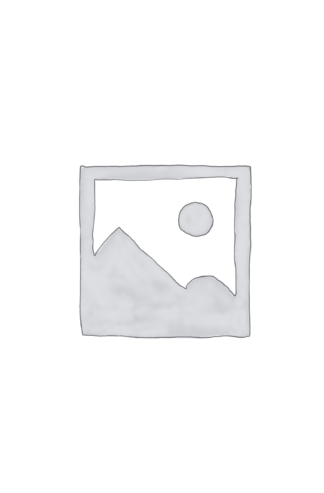Week Five Exercise Assignment Financial Ratios
$15.00
- Liquidity ratios. Edison, Stagg, and Thornton have the following financial information at the close of business on July 10:
| Edison | Stagg | Thornton | |
| Cash | $6,000 | $5,000 | $4,000 |
| Short-term investments | 3,000 | 2,500 | 2,000 |
| Accounts receivable | 2,000 | 2,500 | 3,000 |
| Inventory | 1,000 | 2,500 | 4,000 |
| Prepaid expenses | 800 | 800 | 800 |
| Accounts payable | 200 | 200 | 200 |
| Notes payable: short-term | 3,100 | 3,100 | 3,100 |
| Accrued payables | 300 | 300 | 300 |
| Long-term liabilities | 3,800 | 3,800 | 3,800 |
a. Compute the current and quick ratios for each of the three companies. (Round calculations to two decimal places.) Which firm is the most liquid? Why?
2. Computation and evaluation of activity ratios. The following data relate to Alaska Products, Inc:
| Net credit sales | 20X5
$832,000 |
20X4
$760,000 |
| Cost of goods sold | 530,000 | 400,000 |
| Cash, Dec. 31 | 125,000 | 110,000 |
| Average Accounts receivable | 205,000 | 156,000 |
| Average Inventory | 70,000 | 50,000 |
| Accounts payable, Dec. 31 | 115,000 | 108,000 |
Instructions
a. Compute the accounts receivable and inventory turnover ratios for 20X5. Alaska rounds all calculations to two decimal places.
3. Profitability ratios, trading on the equity. Digital Relay has both preferred and common stock outstanding. The company reported the following information for 20X7:
| Net sales | $1,750,000 |
| Interest expense | 120,000 |
| Income tax expense | 80,000 |
| Preferred dividends | 25,000 |
| Net income | 130,000 |
| Average assets | 1,200,000 |
| Average common stockholders’ equity | 500,000 |
a. Compute the profit margin on sales ratio, the return on equity and the return on assets, rounding calculations to two decimal places.
b. Does the firm have positive or negative financial leverage? Briefly explain.
4. Horizontal analysis. Mary Lynn Corporation has been operating for several years. Selected data from the 20X1 and 20X2 financial statements follow.
| Current Assets | 20X2
$86,000 |
20X1
$80,000 |
| Property, Plant, and Equipment (net) | 99,000 | 90,000 |
| Intangibles | 25,000 | 50,000 |
| Current Liabilities | 40,800 | 48,000 |
| Long-Term Liabilities | 153,000 | 160,000 |
| Stockholders’ Equity | 16,200 | 12,000 |
| Net Sales | 500,000 | 500,000 |
| Cost of Goods Sold | 322,500 | 350,000 |
| Operating Expenses | 93,500 | 85,000 |
a. Prepare a horizontal analysis for 20X1 and 20X2. Briefly comment on the results of your work.
5.Vertical analysis. Mary Lynn Corporation has been operating for several years. Selected data from the
20X1 and 20X2 financial statements follow.
| 20X2 | 20X1 | |
| Current Assets | $86,000 | $80,000 |
| Property, Plant, and Equipment (net) | 99,000 | 80,000 |
| Intangibles | 25,000 | 50,000 |
| Current Liabilities | 40,800 | 48,000 |
| Long-Term Liabilities | 153,000 | 150,000 |
| Stockholders’ Equity | 16,200 | 12,000 |
| Net Sales | 500,000 | 500,000 |
| Cost of Goods Sold | 322,500 | 350,000 |
| Operating Expenses | 93,500 | 85,000 |
a. Prepare a vertical analysis for 20X1 and 20X2. Briefly comment on the results of your work.
- Ratio computation. The financial statements of the Lone Pine Company follow.
LONE PINE COMPANY Comparative Balance Sheets
|
|||||||||||||||||||||||||||||||||||||||||||
December 31, 20X2 and 20X1 ($000 Omitted) Equitems for Lone Pine Company for 20X2, rounding all calculations to two decimal places when necessary:
Calculate ratios

